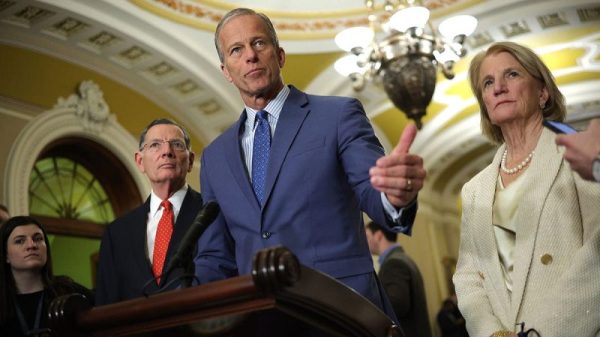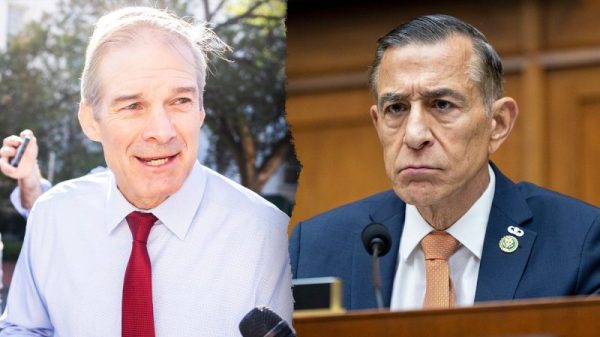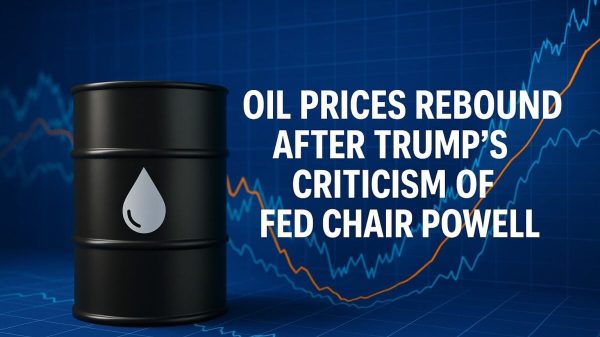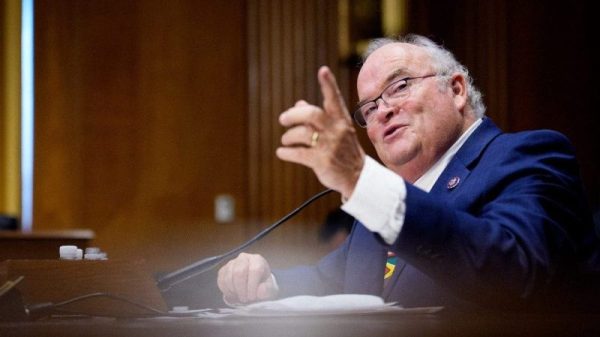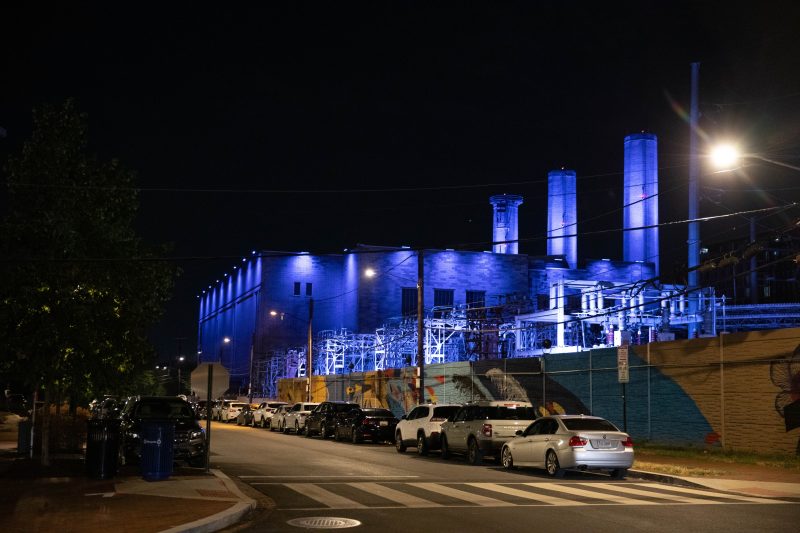The Supreme Court on Friday refused to block new Biden administration rules requiring fossil-fuel-fired power plants to slash emissions of mercury and other toxic substances and oil and gas firms to curb methane, a potent greenhouse gas, from their operations.
The issues were two of three playing out on the Supreme Court’s emergency docket over a suite of Biden administration plans to clean up fossil fuels. Together, those plans represent some of the president’s most ambitious efforts to address climate change and reduce pollution.
The court has yet to act on an emergency request to block a plan to curb greenhouse gas emissions from coal and gas-fired power plants.
Nearly two dozen Republican-led states and a handful of power generators asked to pause the mercury rules, which were finalized in May, while litigation over them continues in lower courts. The challengers argue that the regulations impose heavy costs while providing negligible direct health benefits to the public; power plants must comply with them by July 2027.
Two dozen Republican-led states also asked to halt the methane plan, arguing the time frame that the Environmental Protection Agency laid out to comply with the new regulations was overly ambitious and the plan could lead to the closure of wells and the loss of jobs. Solicitor General Elizabeth B. Prelogar wrote in response to the plaintiffs’ filing that those arguments lack merit.
The EPA says the new methane regulations, announced in December, will reduce emissions of the gas by 80 percent between 2024 and 2038. Methane, which the EPA calls a “super pollutant,” has 80 times the warming power of carbon dioxide during the first two decades it is in the atmosphere. It accounts for about 30 percent of the current rise in global temperature.
The court did not give a reason for denying either stay, which is customary when it acts on an emergency basis.
The Environmental Protection Agency estimates power plants are responsible for more than a quarter of greenhouse gas emissions in the United States, making them the nation’s second largest contributor to planet-warming gases. They also emit mercury, lead, arsenic and other toxic substances. The Biden administration has set a goal of halving the nation’s output of greenhouse gases by 2030 and running the power grid on clean energy by 2035.
“By developing these standards in a clear, transparent, inclusive manner, EPA is cutting pollution while ensuring that power companies can make smart investments and continue to deliver reliable electricity for all Americans,” EPA Administrator Michael Regan said when some of the regulations were announced in April.
Republican-led states and power generators are pushing back, however, saying the plans could raise the cost of producing electricity, destabilize the power grid and cost jobs — and will be unwieldy to implement.
In July, more than two dozen states, utilities and others asked the high court to pause a set of regulations that would limit greenhouse gas emissions from power plants while they challenge the rule in court. The regulations would require all coal-fired power plants that operate past 2039 and new natural gas-fired power plants to reduce carbon emissions by 90 percent.
In August, two dozen states asked the justices to put on hold another set of rules restricting emissions of methane emissions from oil and natural gas operations. The EPA estimates that rule will reduce methane emissions by roughly 80 percent by 2038.
The plaintiffs in the mercury lawsuit wrote in filings that it would cost producers $860 million to upgrade plants and argued that the EPA could not quantify any direct health benefits from the decrease in mercury, benzene, asbestos and other pollutants. Instead, the agency identified hundreds of millions in “ancillary benefits” by reducing ozone, particulate matter and greenhouse gases.
The U.S. Court of Appeals for the D.C. Circuit rejected the states’ emergency request to stay the rules, which were applauded by environmental and health groups when they were announced.
“The new rules to clean up air pollution from power plants are good news for everyone, especially if there is a power plant near where you work, live or study,” Harold Wimmer, president and CEO of the American Lung Association, said in a statement. “Burning fossil fuels in power plants harms people’s lungs, makes kids sick and accelerates the climate crisis. The stronger clean air and climate protections will save lives.”
But Jim Matheson, CEO of the National Rural Electric Cooperative Association, said in a statement the mercury regulations will force power plants to close.
“This EPA rule is unlawful, unworkable and poses a serious threat to electric reliability,” Matheson said. “It will force plant operators to install expensive, excessive and unjustified equipment that provides marginal benefit at their power plants or shut down.”
U.S. Solicitor General Elizabeth B. Prelogar rejected the states’ arguments in her filings in the case, writing that 90 percent of coal-fired power plants have already demonstrated they can meet the new mercury standards. She said the regulations won’t generate significant compliance costs, force plants to close or cause other major issues.
The Supreme Court has repeatedly curbed the EPA’s ability to regulate environmental pollution in recent years. During the term that concluded in July, the high court paused an ambitious plan to restrict air pollution that drifts across state lines.
The court also trimmed the EPA’s ability to protect wetlands from runoff in 2023 and limited the agency’s ability to regulate greenhouse gases. The latter ruling, in 2022, created a major new precedent that requires government agencies to have clear congressional authorization before implementing regulations that have a significant economic or political impact.

